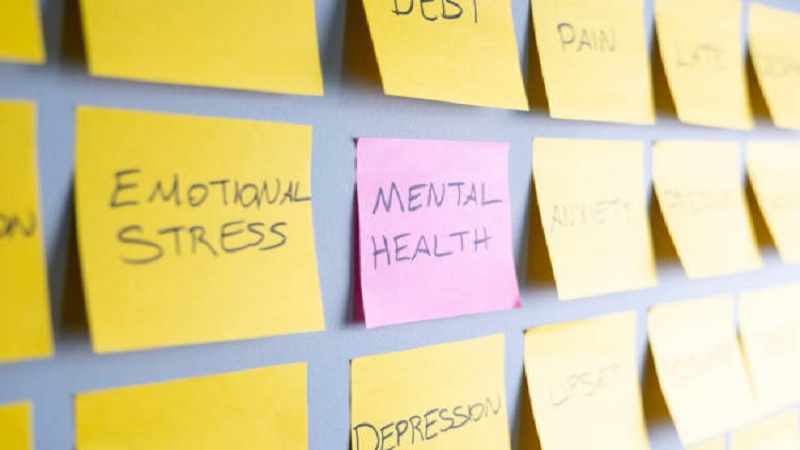By Ragheema Mclean
Latest data from the World Health Organization (WHO) reveals that more than 720,000 people die by suicide globally each year, equating to one person every 40 seconds.
South Africa, with its unique set of challenges including poverty, systemic inequality, and violence, faces a particularly alarming mental health crisis, with one of the highest suicide rates in the world.
As October marks World Mental Health Month, the focus is on raising public awareness and making mental health issues a global priority.
This initiative seeks to educate communities, reduce stigma, and encourage open conversations around mental well-being and highlights the work of organizations like the South African Depression and Anxiety Group (SADAG), which has been at the forefront of addressing mental health issues in the country.
SADAG, now celebrating its 30th anniversary, runs the only 24-hour suicide crisis helpline in South Africa. Over the years, the organization has expanded its services to include helplines for ADHD, trauma, and various other mental health concerns.
Speaking on VOC’s Sunday Live show, SADAG Developmental Manager Faatima Seedat highlighted the urgent need for greater mental health awareness in South Africa.
Seedat stressed that one in four of the calls SADAG receives are suicide related.
“This is quite a high statistic,” Seedat noted, “but South Africa does have one of the highest rates of suicide in the world. We understand that we live in a country where so much is happening—there are so many factors that contribute to these figures.”
She explained that depression, anxiety, and trauma are among the top issues flagged in their outreach.
“We live in a country where we are exposed to so many traumatic events. Mental health plays a significant role in our overall well-being, and we are seeing more people speak out about their mental health and the way they feel.”
Seedat highlighted SADAG’s adaptation to changing times with the introduction of WhatsApp helplines, which allow individuals to initiate conversations online before transitioning to phone calls for more comprehensive support.
“We want to ensure people feel comfortable reaching out, even if it’s just through a chat. It makes it easier for them to open up.”
Furthermore, the organization also runs support groups nationwide and is working toward reintroducing face-to-face counseling in different areas, dependent on funding availability.
She emphasized the need for South Africans to integrate mental health into daily conversations and focus on educating themselves about its importance.
“We need to cultivate a culture of kindness and start asking people how they really are,” she added.
For those in need of support, SADAG’s 24-hour suicide crisis helpline is available on 0800 567 567. Additionally, they offer a range of other mental health resources, providing essential guidance and support for individuals facing mental health challenges.
VOC News
Photo: Pexels









